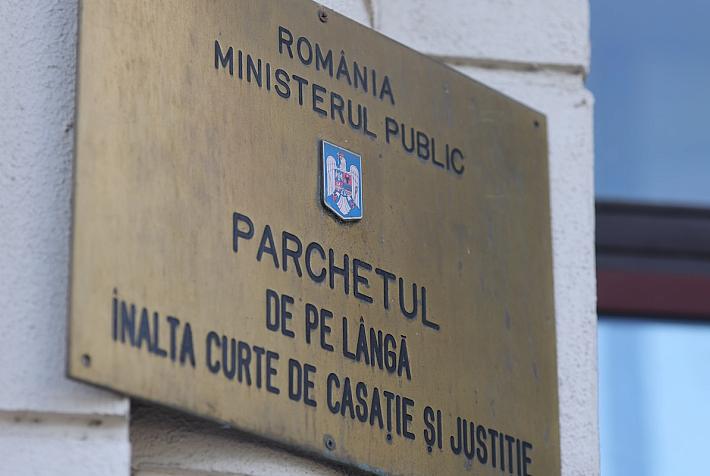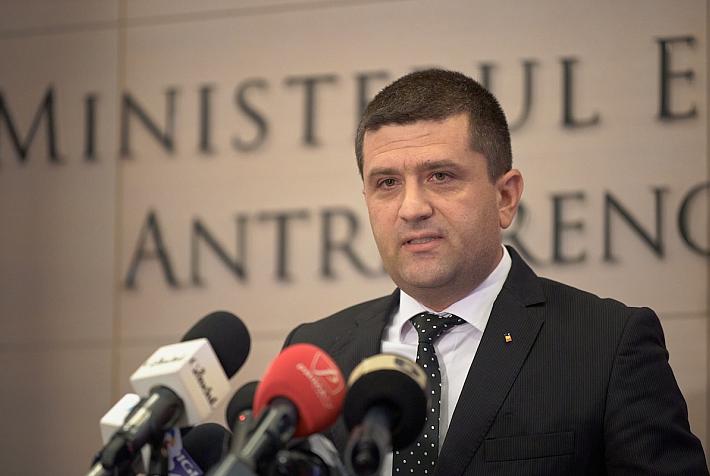Romanian programmers could lose 40% of their revenues after tax amnesty

The drastic conditions imposed to authorized individuals (PFA) in Romania as part of the tax amnesty law could seriously affect programmers' revenues, according to an analysis by tax consultancy company Contexpert. This could hurt Romania's booming IT sector and determine many IT specialists to leave the country.
Programmers and computer experts working as authorized individuals (known in Romania as PFA) with IT companies, including multinationals, have to choose between the risk of paying retroactively the contributions applied to individual working contracts for five years, or to give up the PFA status and become employees, with the corresponding reduction in their net income, according to Contexpert.
IT specialists are among Romania’s best paid. They usually choose to carry out their activities under different forms than the employment contract, mainly to optimize their taxes. The total taxes in case of IT authorized individuals represent a quarter (25.9%) of their net revenues. Should they switch to working contracts, the taxes would increase to up to 75% of their net revenues.
According to Contexpert, the fiscal amnesty for authorized individuals leaves two choices to the companies that use their services. They can support the taxation increase to keep their employees’ net incomes unaffected, or they can put the fiscal shock on the employees’ backs and reduce their net incomes.
"It is unlikely for a multinational to take over, even partially, the financial shock caused by giving up collaborations with authorized individuals and hiring them working contracts," said Sorin Istrate, managing partner Contexpert.
Romanian authorities want to discourage the use of PFAs, as they consider them to be the main reason for the budget deficit in the pension and health system, as their contributions to these funds are very low.
The number of employees in Romania's IT and telecom sector has seen a strong increase in recent years, as many multinationals opened IT and service centers in Bucharest, Cluj-Napoca, Iasi, Timisoara and other cities. The number of IT employees passed 93,000 while their contribution to the country's GDP reached EUR 9 billion last year, almost as much as that of the construction sector, which had more than 340,000 employees.
Romania’s Government approves tax amnesty bill
Romania’s economy up in 2014 on industry, IT&C
Irina Popescu, irina.popescu@romania-insider.com











